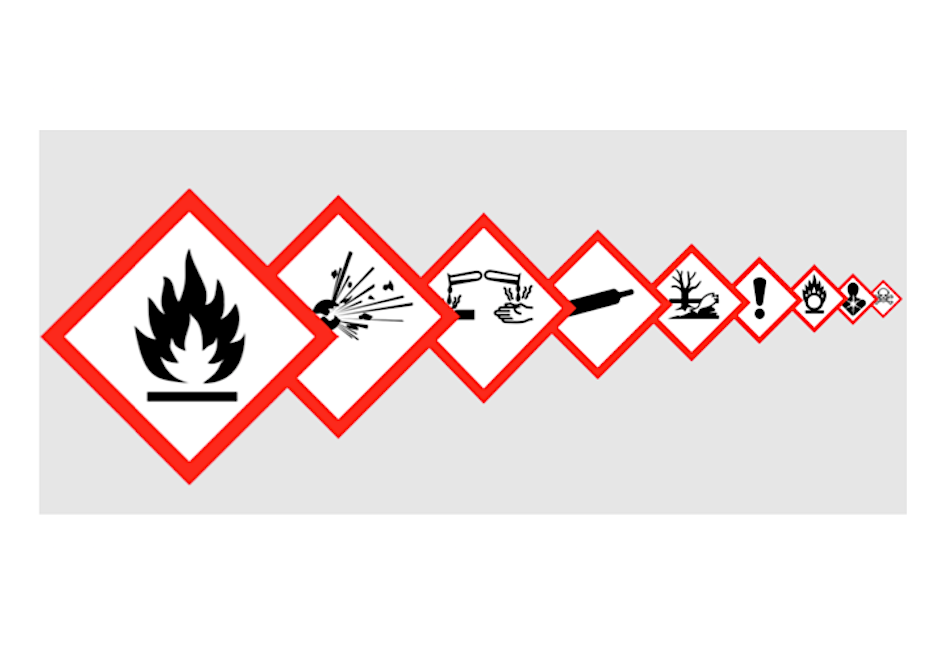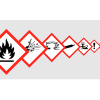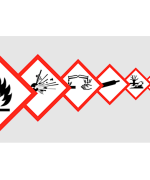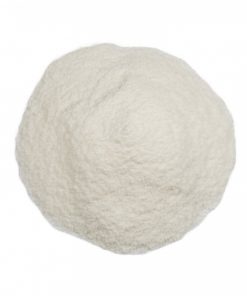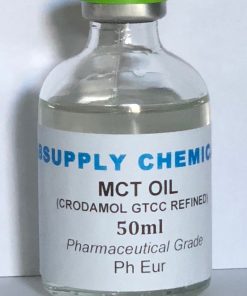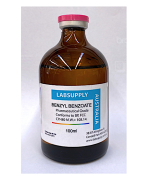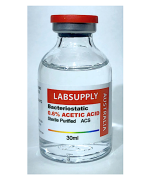Agar 1000 Gel
CAS No. 9002-18-7
Laboratory Reagent
Technical Specification:
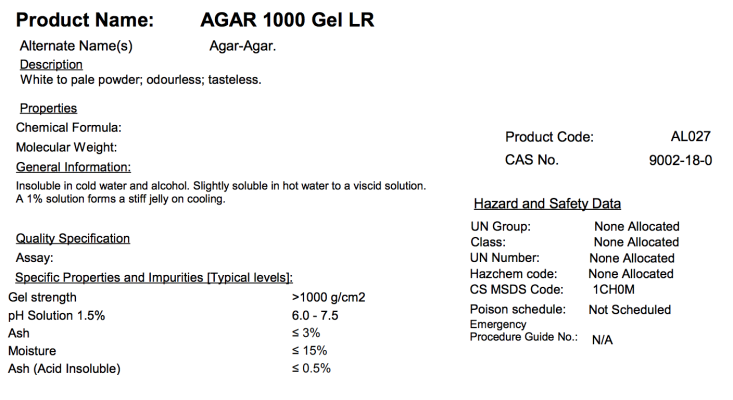
First-aid measures
Inhalation :
Remove from exposure, rest and keep warm. Blow nose to remove as much dust as possible. If breathing has stopped, apply artificial respiration. If breathing is difficult, give oxygen. If symptoms persist, obtain medical attention.
Ingestion :
Rinse mouth thoroughly with water immediately, repeat until all traces of product have been removed. DO NOT INDUCE VOMITING. Seek medical advice if effects persist.
Skin :
Wash affected area thoroughly with copious amounts of running water. Remove contaminated clothing and wash before reuse. In severe cases or if irritation persists, seek medical attention.
Eye contact :
In case of contact with eyes, wash with running water holding eyelids open. Take care not to rinse contaminated water into a non-affected eye. In all cases of eye contamination it is a sensible precaution to seek medical advice.
First Aid Facilities :
Maintain eyewash fountain and safety shower in work area.
Advice to Doctor :
Treat symptomatically and supportively.
Other Information :
For advice, contact a Poisons Information Centre (Phone eg Australia 13 1126; New Zealand 0800 764 766) or a doctor.
Handling and storage
Do not eat, drink or smoke when using this product. Eye wash facilities and emergency shower must be available when handling this product. Good personal hygiene procedures should be implemented. Take off contaminated clothing and wash it before reuse. Wash promptly with soap and water if skin becomes contaminated.
Precautions for Safe Handling
Store in labelled, corrosion-resistant, tightly closed containers, in a cool, dry, ventilated area away from incompatible materials. Moisture sensitive. Store away from water/moisture, oxidising materials. Protect from humidity and water, physical damage and direct sunlight. Containers of this material may be hazardous when empty since they retain product residues (dust, solids); observe all warnings and precautions listed for the product. Conditions for safe storage, including any incompatibilities Storage Store at room temperature (15 to 25 °C recommended).
Labsupply Australia
| Weight | N/A |
|---|---|
| Dimensions | N/A |
| Size & Grade | AGAR 1000 100GM LR |
Related products
CHEMICALS
CAFFIENE POWDER
CHEMICALS
BENZYL BENZOATE
CHEMICALS
CHEMICALS
BACTERIOSTATIC WATERS

